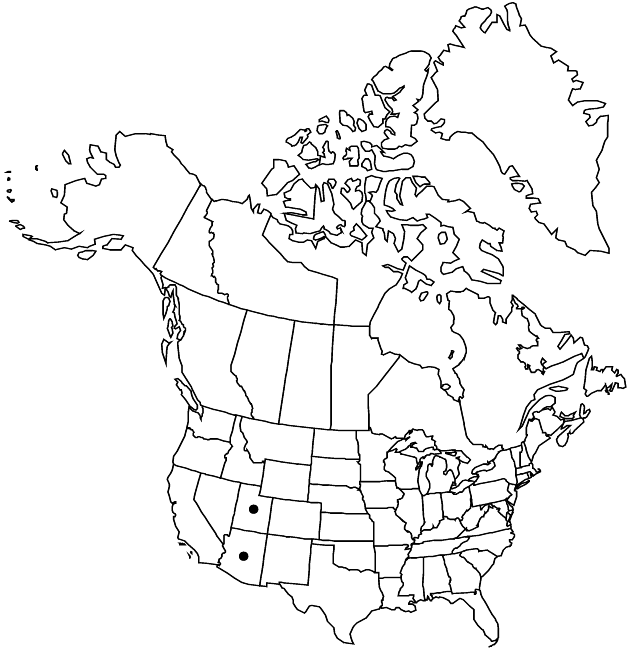Cirsium rydbergii
Beih. Bot. Centralbl. 35(2): 315. 1917.
Perennials, 100–300 cm; caudices and taproots, spreading by creeping roots. Stems 1–several, erect or ascending to lax and hanging, glabrous or thinly tomentose; branches 0–few, ascending. Leaves: blades elliptic, 30–90+ × 10–40 cm, 1–2 times pinnately lobed, lobes linear to ovate, strongly undulate, main spines slender, 5–15 mm, faces often glaucous, glabrous or thinly tomentose and soon glabrescent; basal present at flowering, petiolate or winged-petiolate; proximal cauline winged-petiolate; mid sessile, much reduced, less deeply lobed, bases clasping, short-decurrent 0–2 cm; distal linear or lanceolate, bractlike, very spiny. Heads few–many, erect or nodding in clusters at tips of distal branches in paniculiform arrays, not closely subtended by clustered leafy bracts. Peduncles 0.5–6 cm. Involucres hemispheric, 1.4–2 × 1–2 cm, phyllary margins thinly tomentose or glabrate. Phyllaries in 5–8 series, strongly imbricate, (green, drying green or light brown), ovate to lance-oblong, abaxial faces with or without poorly developed glutinous ridge; outer and mid bases appressed, margins entire, not scabridulous-ciliolate, apices spreading or reflexed, green to brownish, lance-ovate, elongate, flattened, spines slender, 3–25 mm; apices of inner straight, entire. Corollas dull white to pink or purple, 16–20 mm, tubes 7–8.5 mm, throats 4–6.5 mm, lobes 4.5–6 mm; style tips 2.5 mm. Cypselae gray or brown, 3.7–4.5 mm, apical collars not differentiated; pappi 10–15 mm. 2n = 34.
Phenology: Flowering spring–summer (May–Sep).
Habitat: Hanging gardens, seeps, stream banks
Elevation: 1000–1500 m
Discussion
Cirsium rydbergii is endemic to the Colorado Plateau of northern Arizona and southeastern Utah.
Selected References
None.
